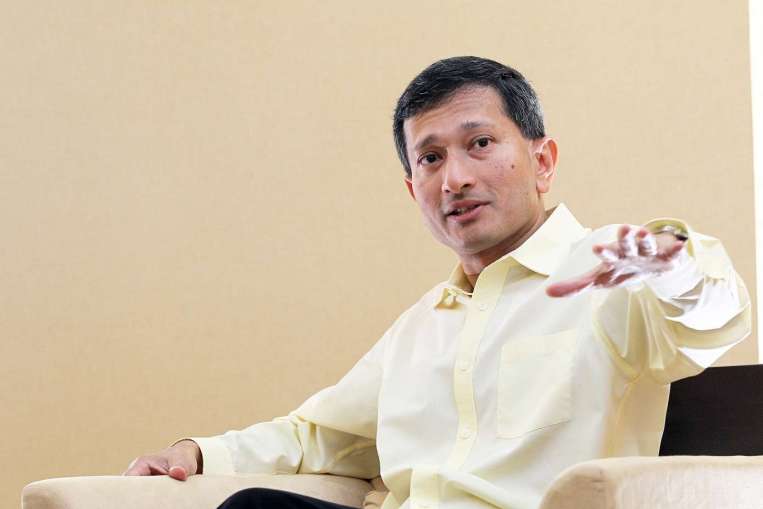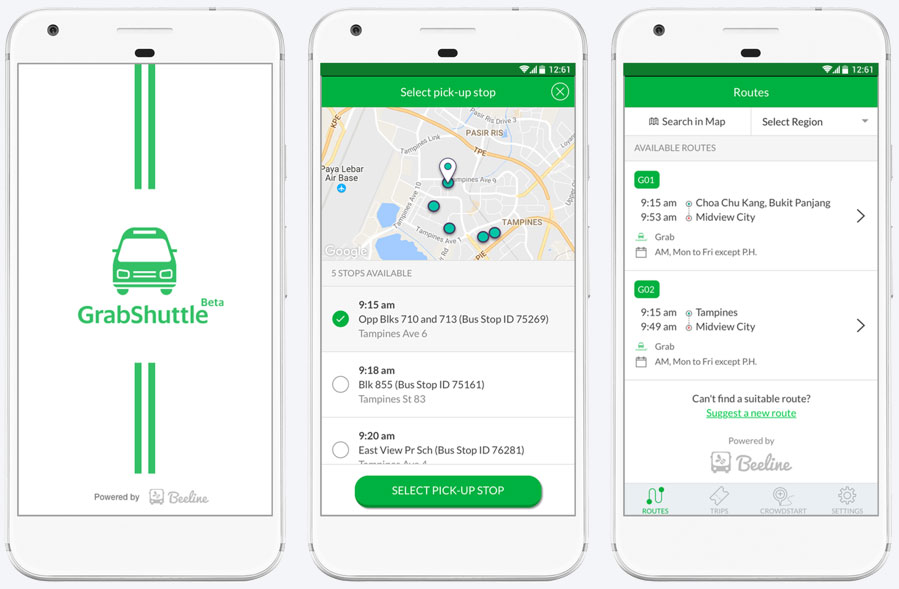Singapore’s is facing a political challenge over how to democratise new technologies.
“We are living amid an accelerating digital revolution, [and] the people and the companies, and I might add the nations, who master the technology first, will have an enormous reach because their market is the world,” said Dr Vivian Balakrishnan, Minister-in-charge of the Smart Nation Initiative, during the Committee of Supply Debates 2017.
One way the government is trying is through the concept of Open Data. “Government has lots and lots of data, including real-time data down to the location of every single [public] bus and taxi. We want to make this data available for free for everyone,” said Dr Balakrishnan. “[This way], we will enable both businesses and citizens to innovate and to develop new products which will serve their needs.” He went on to outline some examples.
The first example is the Facebook Messenger chatbot called BusUncle. It utilises a conversational platform interface. Users can just send a message and the chatbot will reply with the bus arrival timing in a very quirky Singaporean way. “The interesting thing about this chatbot is the fact that it is accessing real-time Land Transport Authority (LTA) data for free,” the Minister explained.
Another example is GrabShuttle, which was launched by Grab on March 2, 2017. It allows commuters to “crowdstart” their new routes. Seats can be pre-booked on 15 selected routes, which are identified using data from a “crowdstarting” platform developed and provided by GovTech. Private bus operators can use these same analytics to improve their fleet management and operations. This includes tracking the punctuality of drivers.
At the same time, Dr Balakrishnan also raised the point that, “while we make data available, and allow people to ride on it, [we should not] forget that cybersecurity is an absolute prerequisite and our critical control systems need to be protected even as we make them smart.”


